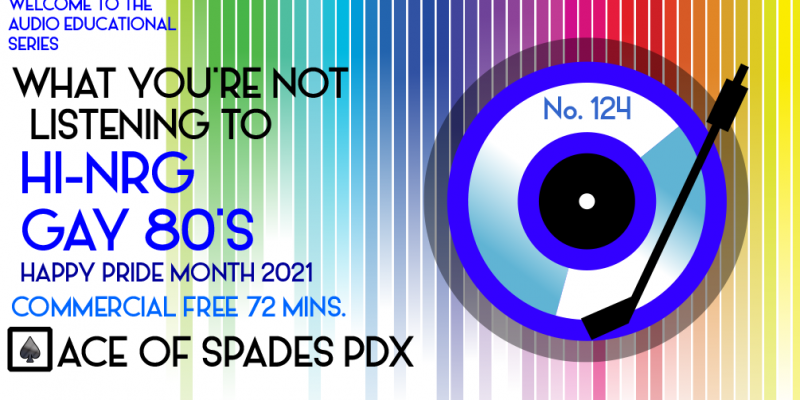Podcast: Play in new window | Download | Embed
As we celebrate Pride month worldwide, a look back to when Gay men were dying in record numbers due to AIDS and when a record number of Gay men came out of the closet in the music industry to provide the soundtrack to battle the darkness surrounding them with a new form of dance music called hi-NRG that evolved from Disco. #AIDS #HIV #GayMen #LGBTQ #Dance #hiNRG
WARNING: There are no ballads in this program. Repeat, no ballads.
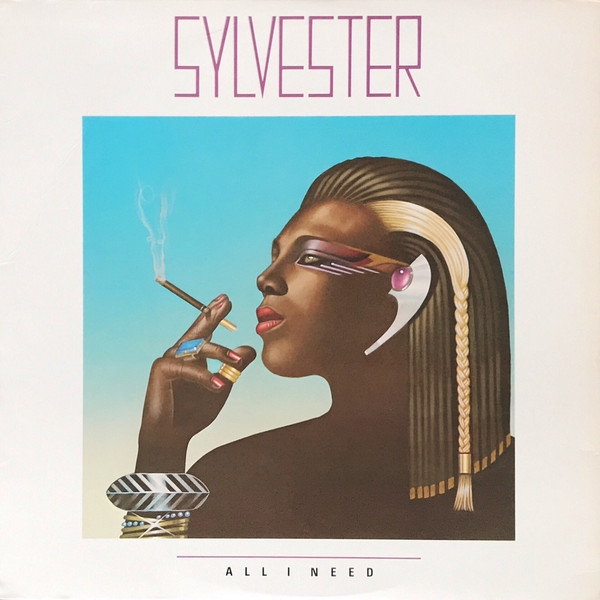
It should have been the time to celebrate. As the 1970’s drew to a close, marginalized populations were finally making inroads into the mainstream, gaining newfound rights previously denied to them since the founding of this country.
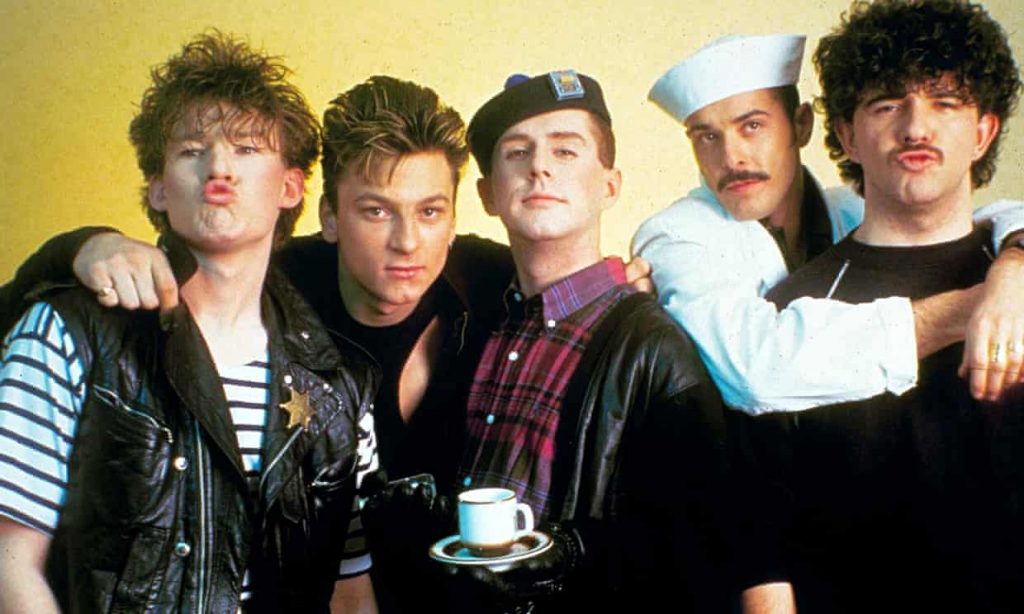
Unfortunately, the dawn of the 1980’s also meant the rise of AIDS, which hit these marginalized populations hardest. The homophobia, misogyny and racism that had permeated the industry with the so-called Death of Disco in 1979 spilled over into further marginalizing dispossessed populations as well, as conservatives politicized the AIDS pandemic to illustrate how these populations “freedom” and hedonistic “lifestyles” were the cause of the problem. Yes, prior to COVID-19, there were those who also decided to not let science guide, but used people’s fear as a means to further their own agendas.
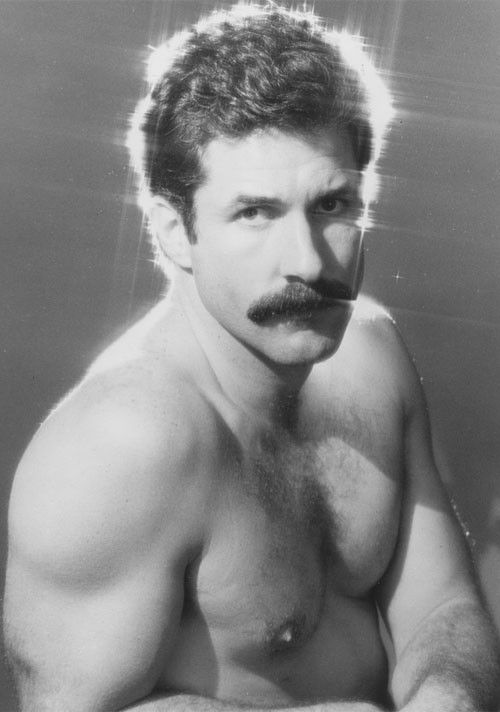
Even though record companies shied away from dance music in record numbers for a few years, people, especially Gay men, didn’t stop dancing. Gay clubs and bars were for many the only safe place for them to be open, and dance music typically was the soundtrack to this environment. Independent record labels in the U.S. started to spring up everywhere to cater to this demographic.
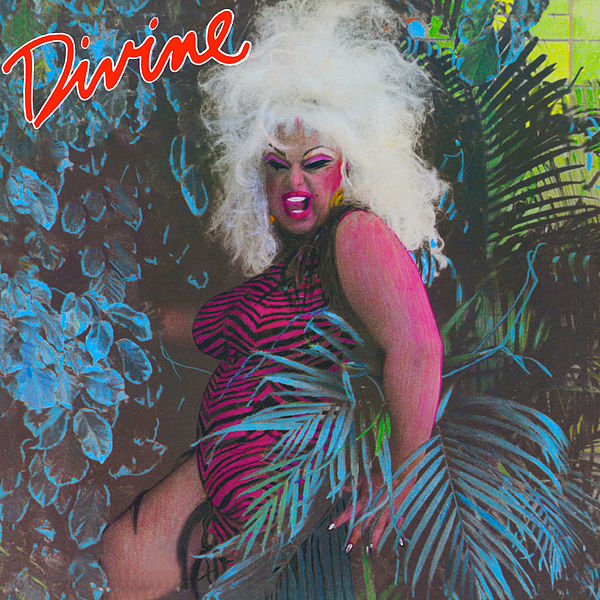
And even though many closeted gay men did not come out for fear of stigma, regardless of they had been infected or not, a growing number of musicians were coming out of the closet, focusing on their die-hard fan base, who knew that by the simple fact of being out was a political statement in of itself and showed a type of solidarity in the face of some truly ugly and dark times.
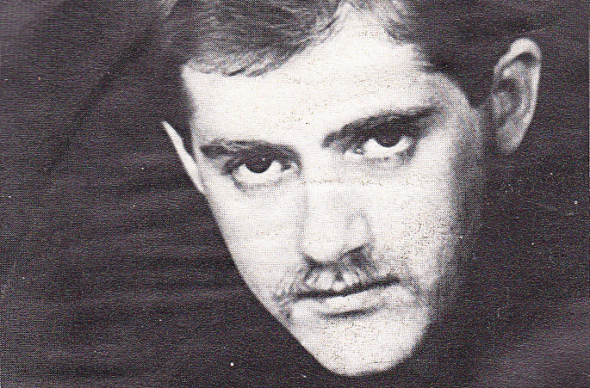
Gay men also had a new type of music to dance to: Disco may have died, but hi-NRG (high energy), a phrase created by dance music legend Donna Summer in 1977, described this new type of beat heavy music, which gradually stripped away things such as lush strings, replacing them with synthesizers. Hi-NRG was also less funky than Disco and built more around staccato riffs. It was also, at times, faster in tempo.
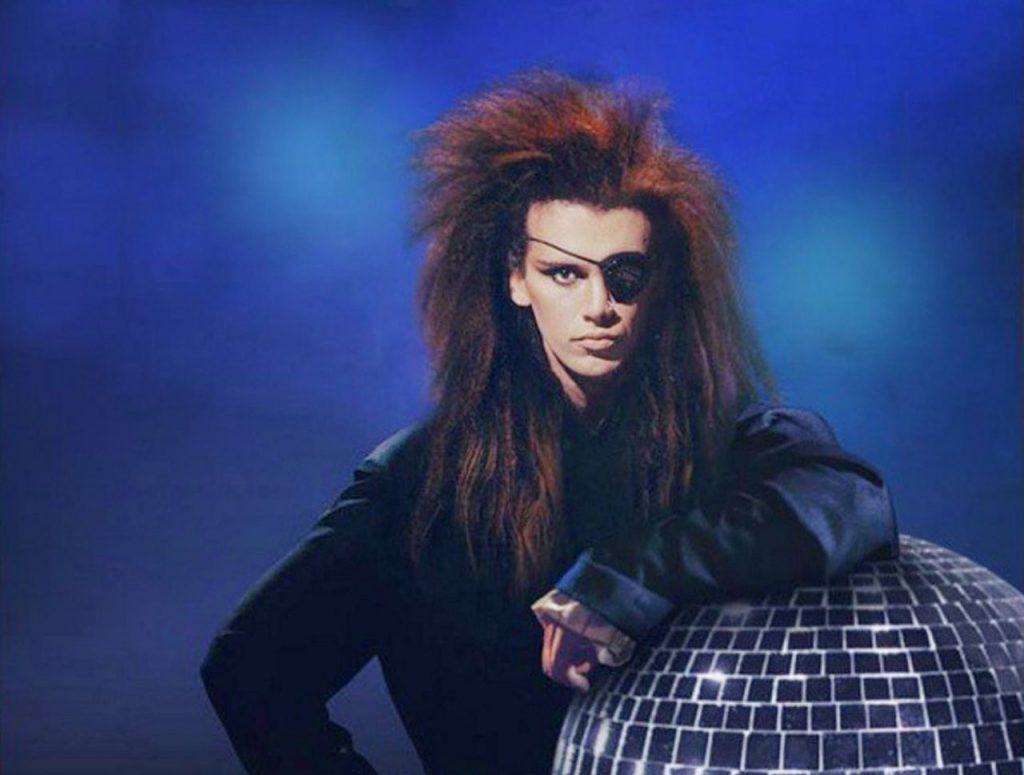
It started with the aforementioned Summer’s work with Giorgio Moroder and Pete Bellotte, and started to come into its own by 1979 with tracks such as “Born to Be Alive” by Patrick Hernandez, “You Make me Feel (Mighty Real) by Sylvester and Ami Stewart’s cover of Soul legend Eddie Floyd’s “Knock On Wood, a #1 Billboard Hot 100 single.
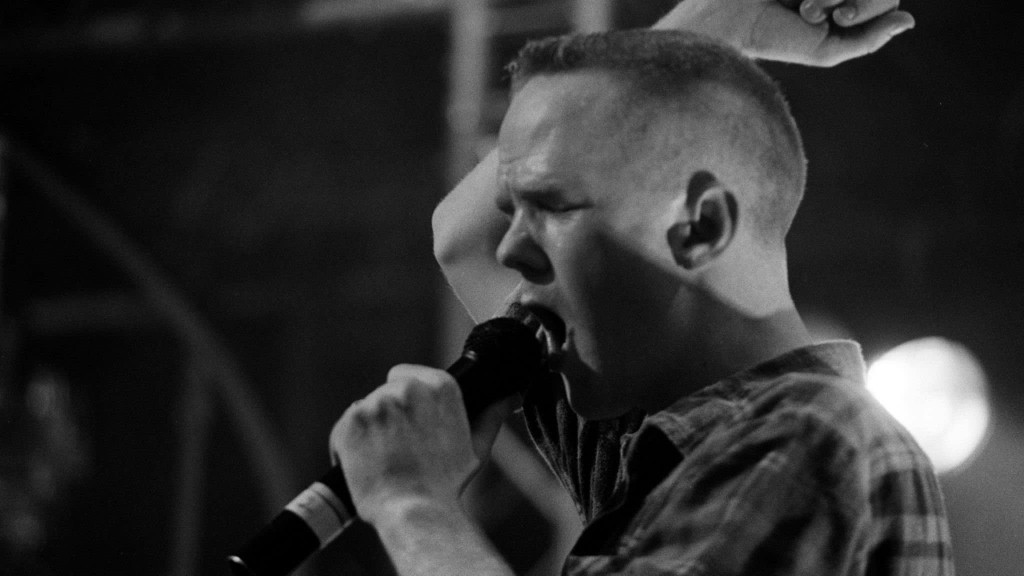
By and large, lyrical themes were still built around similar concepts of Disco, such as sex and dancing. An interesting by product, or perhaps because of the times, some of the tracks became overtly political in nature, becoming de facto anthems of Gay men and of the era. Within a few years, hi-NRG itself became mainstream, but more often than not, the Gay men who once were leading figures of the genre had become relegated to stay on independent labels, many of which could not compete with major label marketing budgets, limiting their careers to what is often referred to as “the Gay ghetto”. And sadly, a fair number of them also died from AIDS.
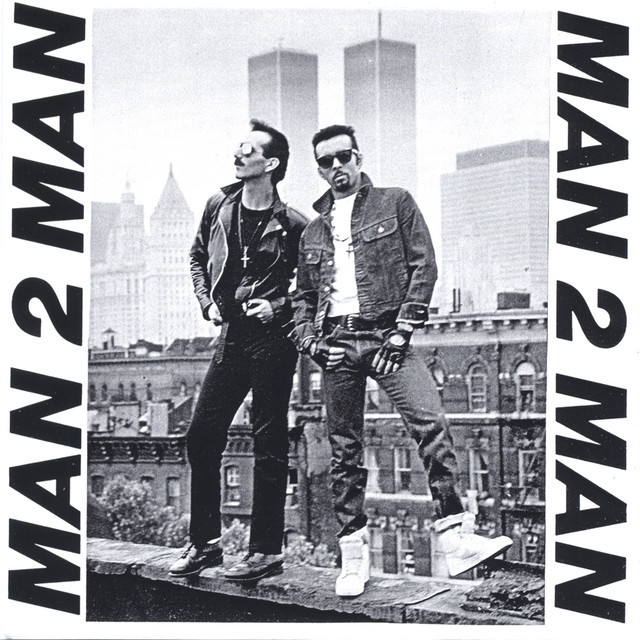
It would be very Dickensian to state it would the best of time and the worst of times. The simple truth is that it was the worst of times; but somehow, Gay men had something that was their own, and it was treasured fiercely.
First Part
- Why? (12″ version), 1984, Bronksi Beat, 12″ single A-side
- Male Stripper (12″ version), 1985, Man 2 Man, 12″ single A-side
- Menergy (12″ version), 1981, Patrick Cowley, 12″ single A-side
Second Part
- Relax (long version), 1983, Frankie Goes to Hollywood, 12″ single A-side
- Don’t Stop (album version), 1982, Sylvester, All I Need LP
- Right On Target (12″ version), 1982, Paul Parker, 12″ single A-side
- Native Love (Step By Step) (original extended mix), 1982, Divine, 12″ single A-side
Finale
- You Spin Me ‘Round (Like A Record) (Murder Remix), 1985, Dead or Alive, 12″ single A-side
Love to you all.
Ben “Daddy Ben Bear” Brown Jr.
Host, Show Producer, Webmaster, Audio Engineer, Researcher, Videographer and Writer
Instagram: brownjr.ben
Twitter: @BenBrownJunior
LinkedIn: benbrownjunior
Design Site: aospdx.com
“Copyright Disclaimer Under Section 107 of the Copyright Act 1976, allowance is made for ‘fair use’ for purposes such as criticism, comment, news reporting, teaching, scholarship, and research. Fair use is a use permitted by copyright statute that might otherwise be infringing. Non-profit, educational or personal use tips the balance in favor of fair use.”
